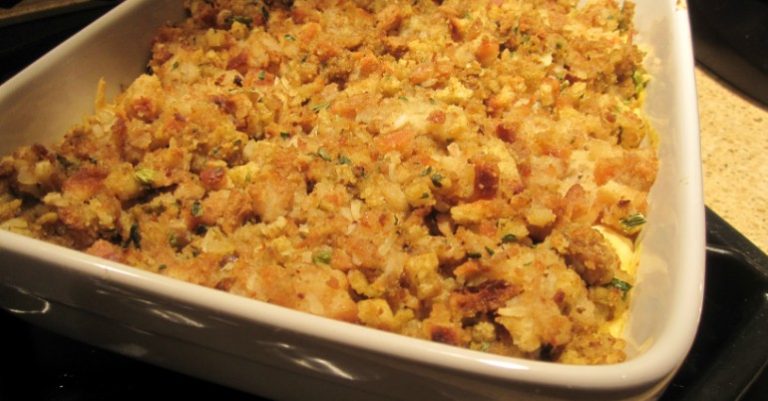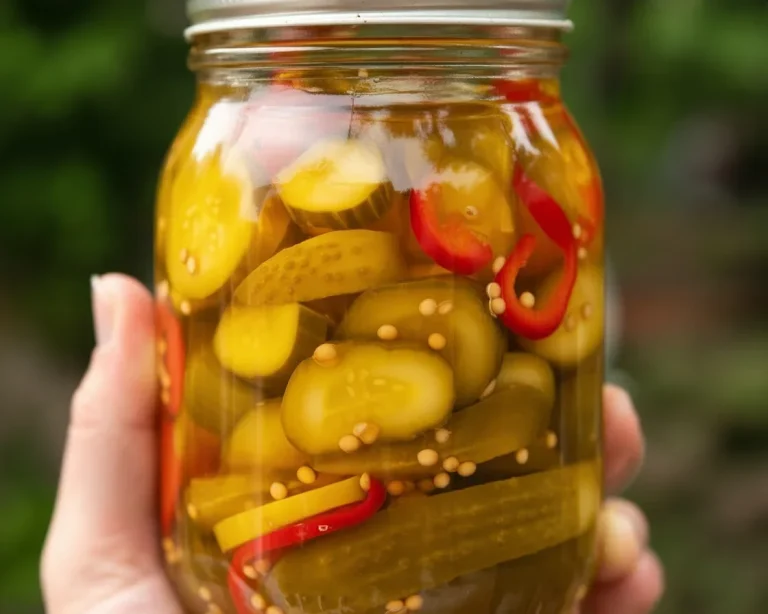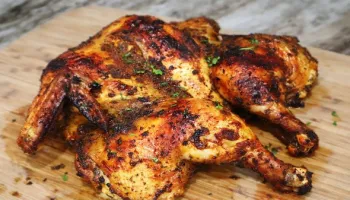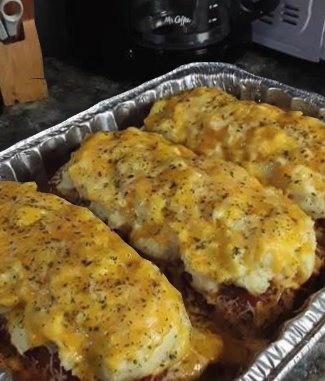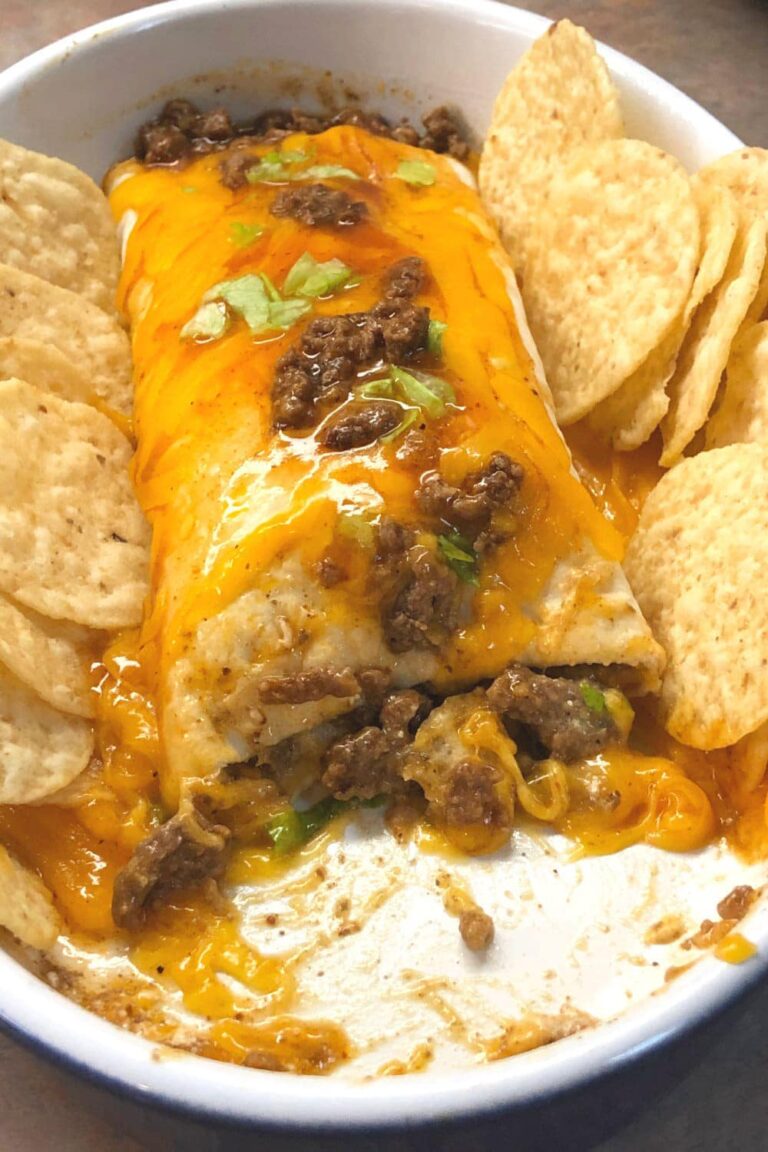Braised Red Wine Short Ribs
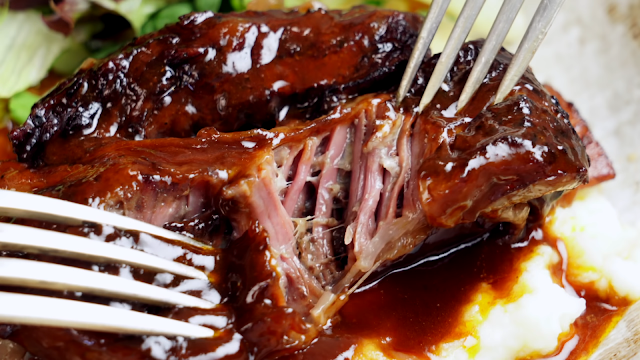
Red wine and benefits:
People have been drinking alcohol for thousands of years, although the World Health Organization reports that alcoholic beverages kill millions each year.
In the past few decades, it has been widely believed that wine is good for health, and studies have linked drinking red wine to longevity and a lower risk of heart disease. So is wine really good for health?
When we mention the benefits of wine, many may think of heart health. However, less well-known research revealed a strong link between alcoholic beverages and cancer, as the study stated that consuming one bottle per week of wine may increase the risk of cancer for non-smokers by 1 percent for men and 1.4 percent for women.
One bottle of wine per week is equivalent to smoking five cigarettes for men and 10 for women.
And they noticed a clear relationship between wine consumption and lower rates of heart disease, and scientists are still trying to untangle this puzzling relationship until now.
These studies have led us to believe that drinking in moderation may reduce the risk of heart disease, high blood pressure, diabetes and obesity.
Helena Koniper, assistant director of the International Scientific Forum for Alcohol Research, says early research has shown that regular low-drinking may lead to longer life, better health and protection against cognitive decline.
Since then, scientists have long agreed that completely abstaining from alcoholic beverages is more harmful to health than consuming moderate amounts of it (equivalent to once or twice a day).
But now many researchers believe that most of this information is incorrect, because the people who underwent these studies may not have developed the diseases because they abstained from drinking, but rather they may have stopped drinking alcohol because they were sick.
An analysis of 54 studies in 2016 found no association between moderate drinking and a reduced risk of heart disease.
Conipper says that over the past five years, scientists have examined some of the other factors that might influence these results, such as the wine drinkers’ wealth, higher education and physical activity.
In a 2019 study, researchers followed more than 500,000 adults in China for 10 years, excluding people with health problems.
Zhengming Chen, one of the study’s authors and professor of epidemiology at Oxford University, says that certain genetic differences in some people make them intolerant to drinking at all. While people without genetic defects can drink any amounts of alcohol.
A study concluded that the more people consumed alcohol, the greater their odds of developing high blood pressure and stroke, over a period of ten years, but alcohol consumption did not affect the odds of heart attack.
The researchers concluded that the more alcohol people consumed, the more likely they were to develop high blood pressure and stroke, but the researchers found no relationship between drinking alcohol and the risk of heart attack.
Ingredients:
2 tablespoons kosher for Passover vegetable oil
6 flanken-style short ribs with bones, cut 2 inches thick (about 4 pounds)
Kosher salt and freshly ground pepper
1 large onion, finely chopped
2 carrots, chopped
3 celery ribs, sliced
6 garlic cloves, smashed
One 750-milliliter bottle kosher for Passover dry red wine, such as Cabernet Sauvignon
4 thyme sprigs
1 rosemary sprig
3 cups chicken stock
Instructions:
In a large skillet, heat the oil. Season the ribs with salt and pepper. Add them to the skillet and cook over moderate heat, turning once, until browned and crusty, about 18 minutes. Transfer the ribs to a shallow baking dish in a single layer.
Add the onion, carrots, and celery to the skillet and cook over low heat, stirring occasionally, until very soft and lightly browned, about 15 minutes. Add the garlic and cook for another 5 minutes.
Add the wine and herbs and bring to a boil over high heat. Pour the hot marinade over the ribs and let cool. Cover and refrigerate overnight, turning the ribs once.
Preheat the oven to 350°. Transfer the ribs and marinade to a large casserole, preferably cast-iron. Add the chicken stock and bring to a boil. Cover and cook in the lower third of the oven for 1 1/2 hours, until the meat is tender but not falling apart.
Uncover and braise for 45 minutes longer, turning the ribs once or twice, until the sauce is reduced by about half and the meat is very tender.
With a slotted spoon or spider, transfer the meat to a clean shallow baking dish, discarding the bones as they fall off. Strain the sauce into a heatproof measuring cup and skim off as much fat as possible.
Pour the sauce over the meat; there should be about 2 cups. Keep warm in a saucepan over the lowest possible heat.
Preheat the broiler. Broil the meat, turning once or twice, until glazed and sizzling, about 10 minutes.
Transfer the meat to plates, spoon the sauce on top and serve.
